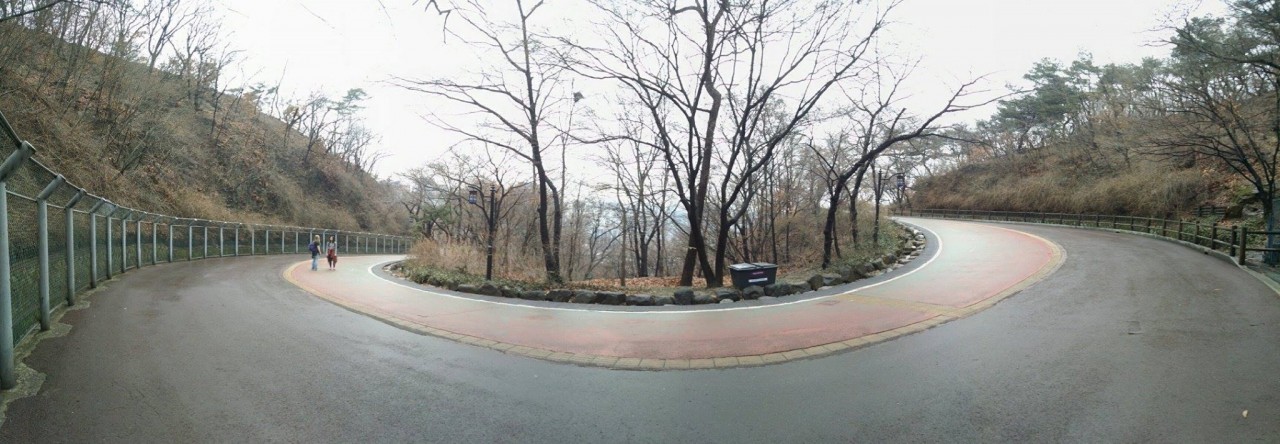In my adventures of learning Korean I’ve had to learn a specific set of vocabulary that is useful when working with the children at my site. For a little background, there are different ways to speak to people depending on how much respect you need to give them. Speaking to grandparents is much more formal than speaking with children and there is essentially a different set of vocabulary for each level of honorifics. In case you were wondering, kids are totally kids wherever you are in the world. I’ve assembled a list of vocabulary that I’ve learned and use frequently with the children at my site.
[Almost none of the words below are really really formal so if you’re planning on using these words it’s probably a good idea not to speak to the elderly or people with some kind of high status this way]
Hi –
- 안녕 (informal) anyung
Nice to meet you/Glad to see you (sort of) –
- 반갑습니다 (formal) pangapsimnida
- 반가워요 (formal) pangahwohyo
- 반가워 (informal) pangahwoh
What is your name? –
- 이림이 뭐예요? (formal) eerimee mohyay yo?
No –
- 아니요 (formal) ahniyo
- 아니 (informal) ahni
- 아돼! (informal command) ahn dway!
Stop –
- 하지마 (informal) hajima
Good –
- 좋아요 (formal) cho aiyo
Good job –
- 잘 했어요 (formal) chal hessoyo
Are (you) okay? –
- 괜찮아요? (formal) kwenchanaiyo?
- 괜찮아? (informal) kwenchanah?
(I/You/He/She/It) is okay –
- 괜찮아요 (formal) kwenchanaiyo
- 괜찮아 (informal) kwenchanah
Be careful –
- 조심해 (informal) johshimay
What? –
- 뭐? (informal) moh?
Why? –
- 왜? (informal) way?
How? –
- 어떻게? (informal) ohtohkay?
Where? –
- 어디ㅔ요? (formal) awdi ay yo?
- 어디? (informal) awdi?
What is (that/this)? –
- (그/이)것이 뭐예요? (formal) (kuh/ee)goshee mohyay yo?
What is the Korean name? –
- 한국 이름은 뭐예요? (formal) hangook eerimun mohyay yo?
See you tomorrow –
- 내일 만나요 (formal) nay il manai yo
Aside from just a list of words I use with children at my site, I feel like the order is a bit indicative of my journey with them. There was the initial hello, and then once I really jumped in I realized I had no idea as a teacher how to control these children when they did things like throw rocks or hit each other (which happens occasionally with children). My need for that bit of control in a foreign environment came before learning how to praise them though that was a close second. Then I observed them more (조심해! Be careful!), then I started learning from them.
I’ve learned things like 땅콩 (peanut) is slang for outcast, but many adults aren’t familiar with that term. I’ve learned about Korean equivalents for games like Simon Says, and a Korean game where you slap flat objects onto each other to try to flip them over (though I can’t for the life of me remember it’s name). I’ve learned this particular group of kids are very difficult to split into teams – emotions are very high. I’ve thankfully learned almost all their names by now, which kids like playing card games, and which ones like soccer.
The more time I spend with these kids the more I learn about their very unique personalities, and their complicated relationships with each other. The latter is very difficult for me to understand without my buddies translating for me. It is also near impossible for me to have a deep conversation with the children with the vocabulary I currently possess. It is very good for practical application, but not very good for heart to hearts or discussions. Bit by bit perhaps as both our relationships and our language abilities grow we can bridge that gap. I am always thankful to my buddies who help translate far beyond what I am capable of knowing, and kind patient site directors who don’t mind that I haven’t taught them much English so far. My language abilities may not advance enough within a year to have as deep conversation as I may like, but it’s only been about a month that I’ve been working at the Bokeum Happy Home School District Children’s Center so I still have hope.
~~~
Like what you read? Help support me!

Wow! I knew what 땅콩 meant but I never knew it also was slang for outcast. ㅋㅋㅋ A lot of Asian cultures have different levels of formality thus different grammar. Both Japanese and Korean are the languages I know like that. Don’t fret too much about it.
LikeLike